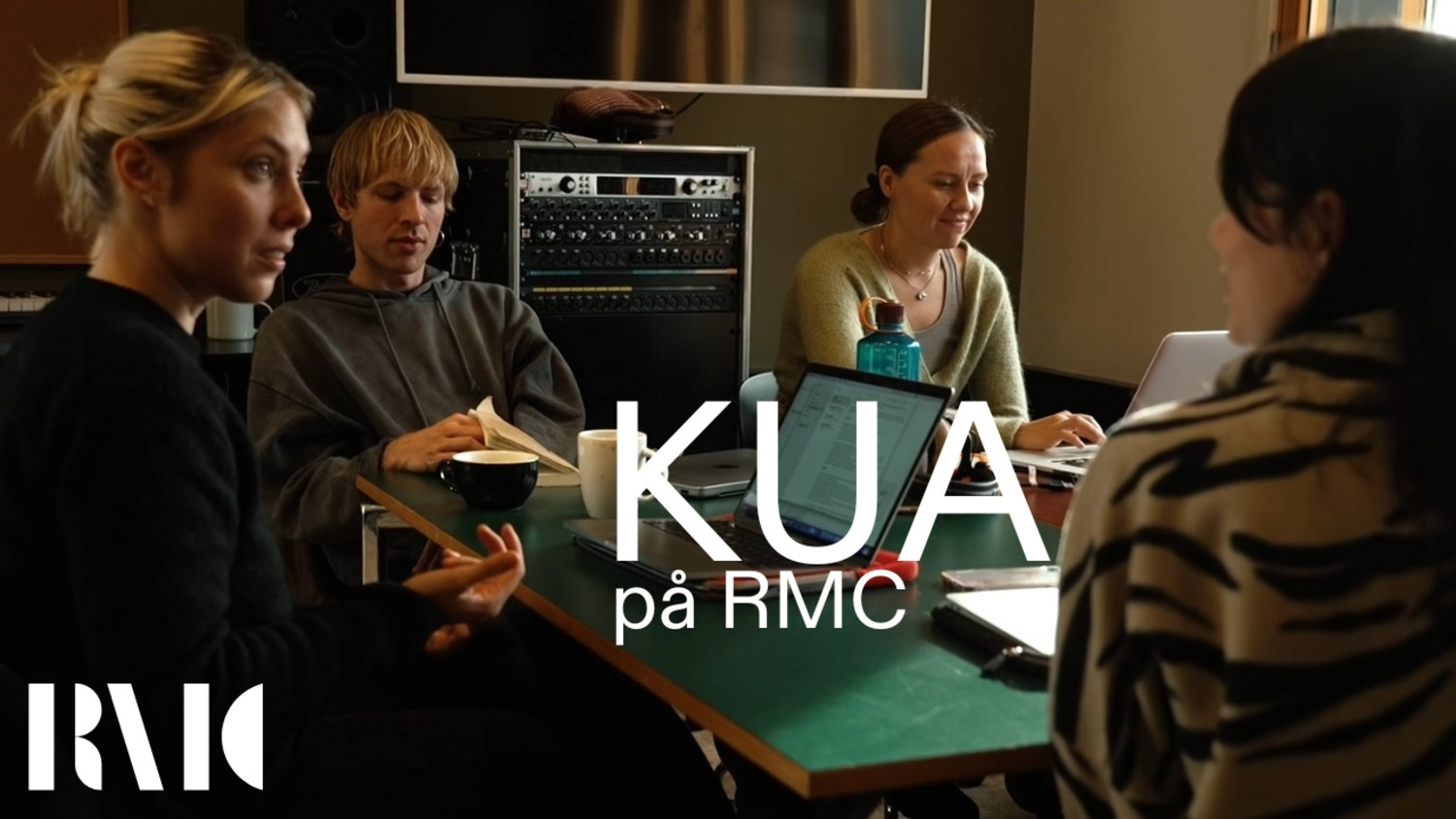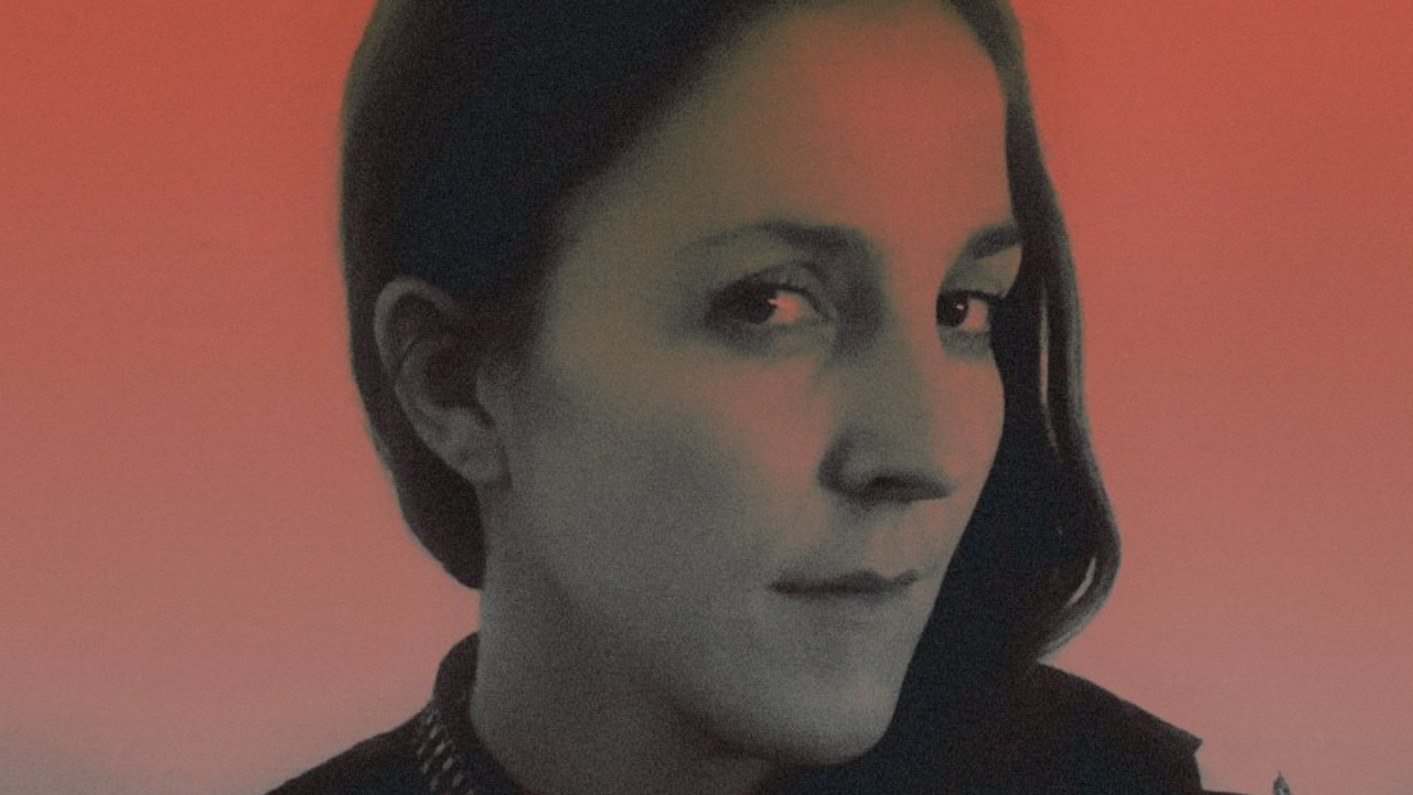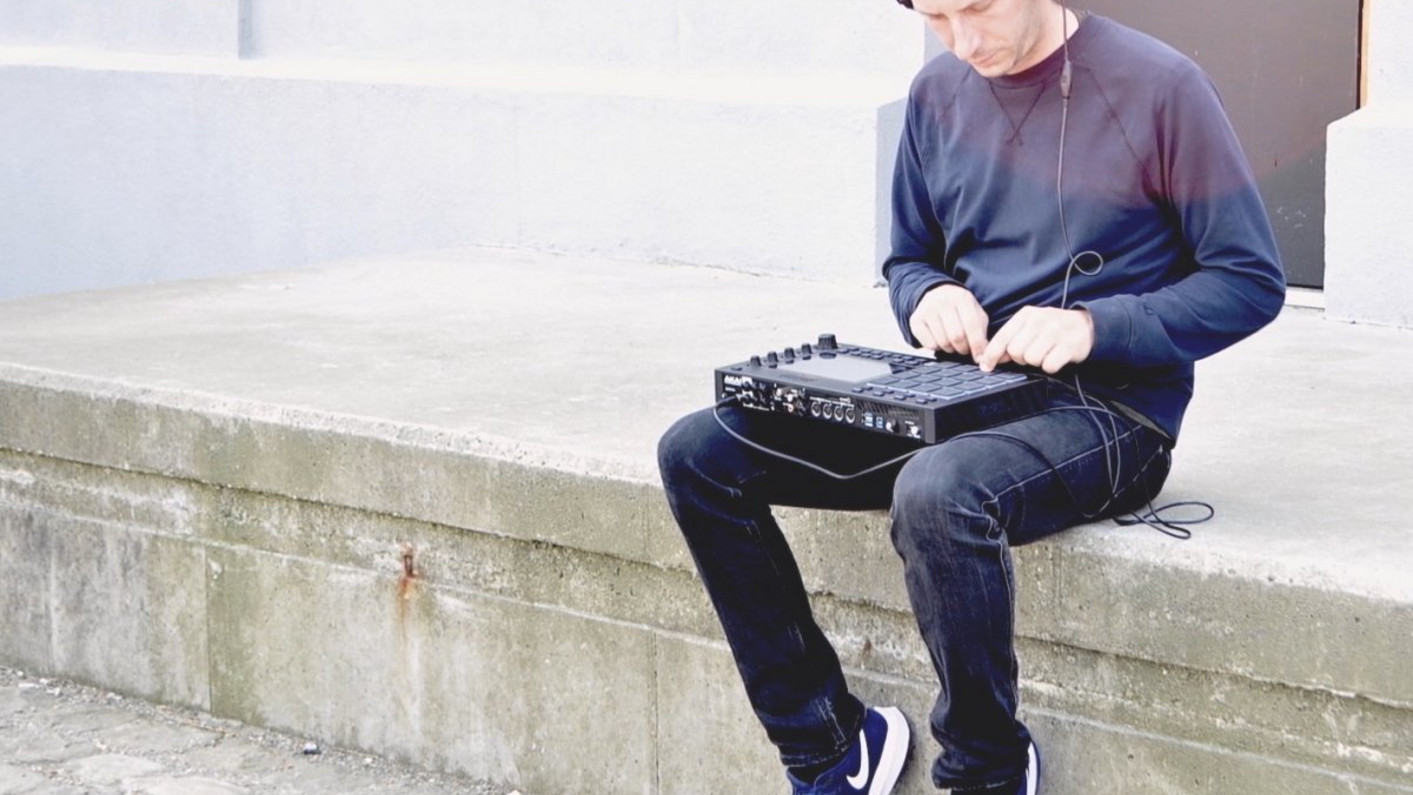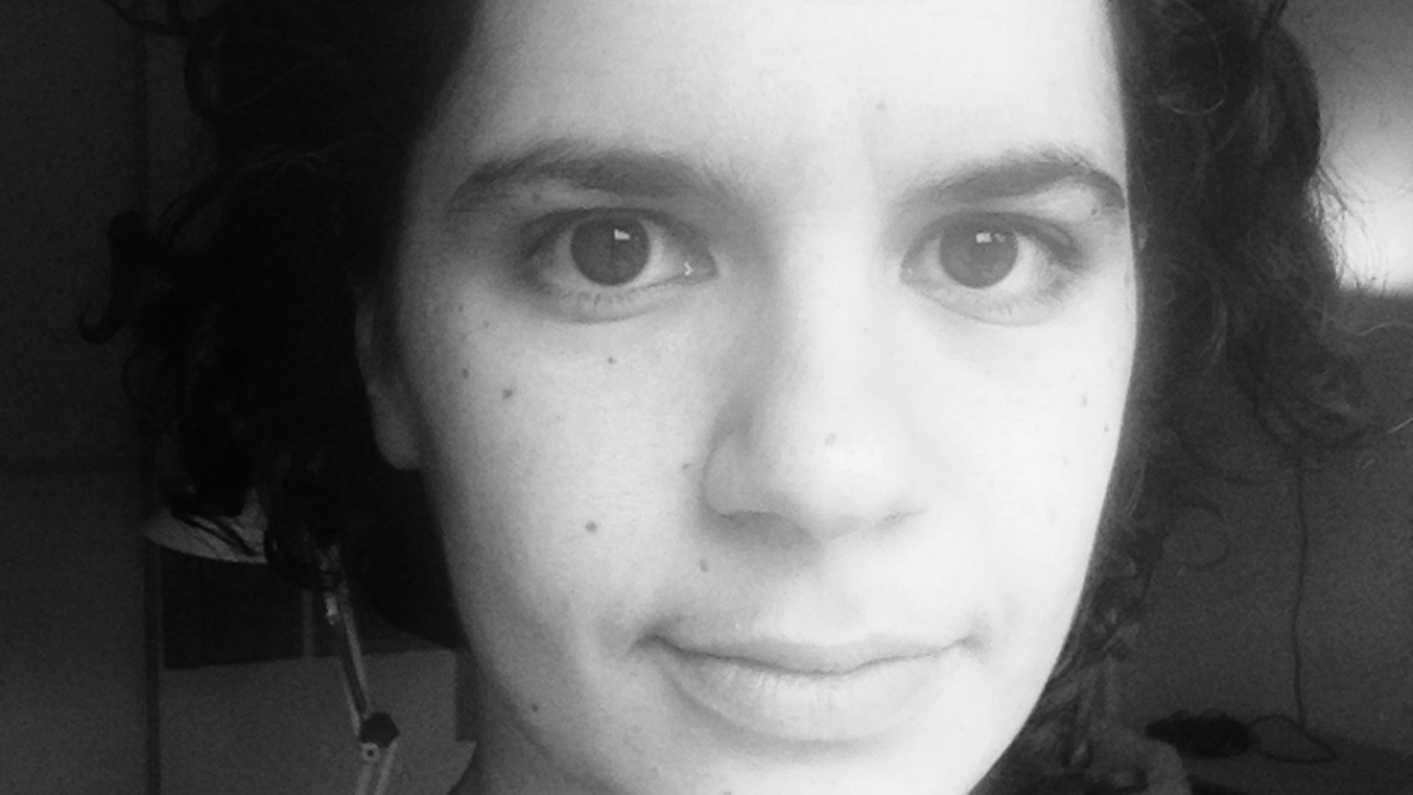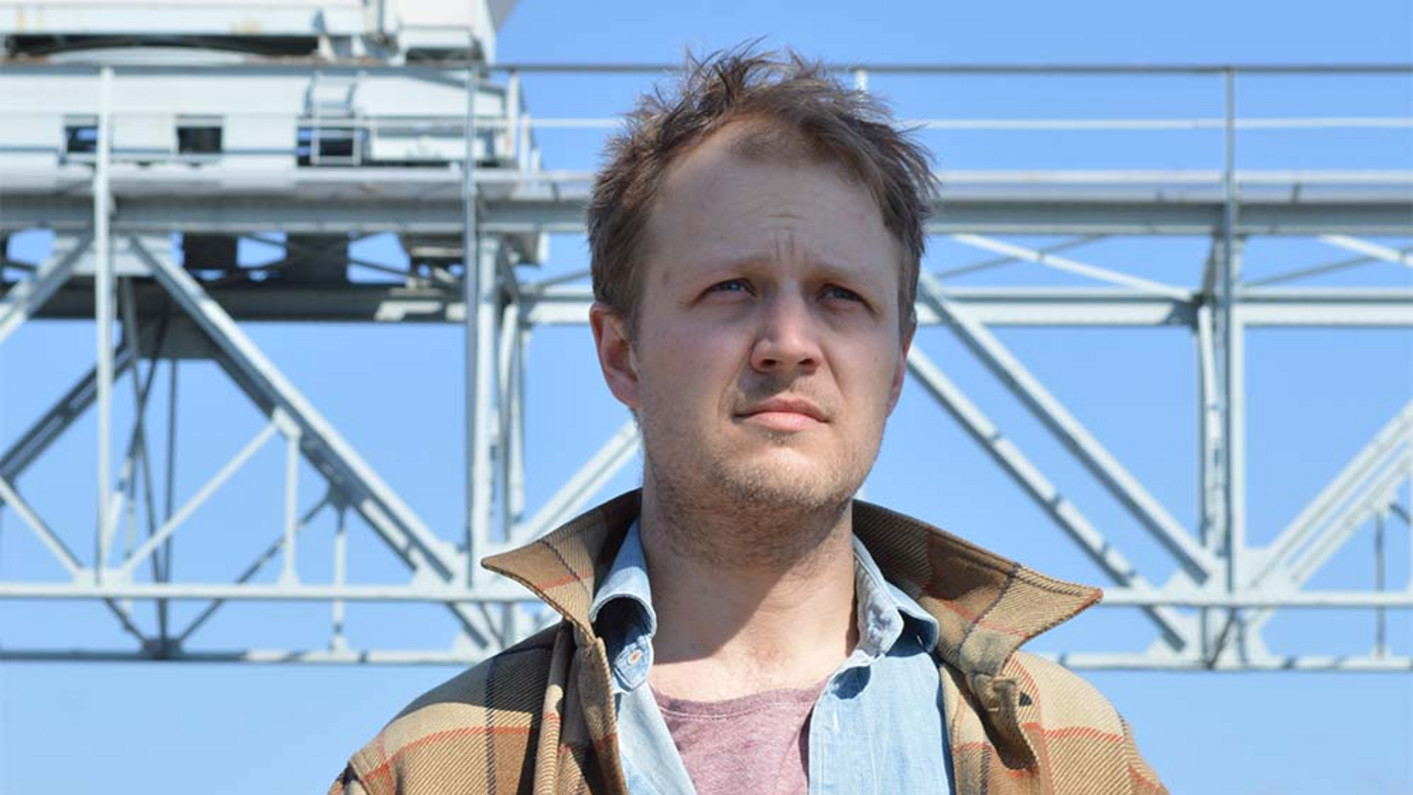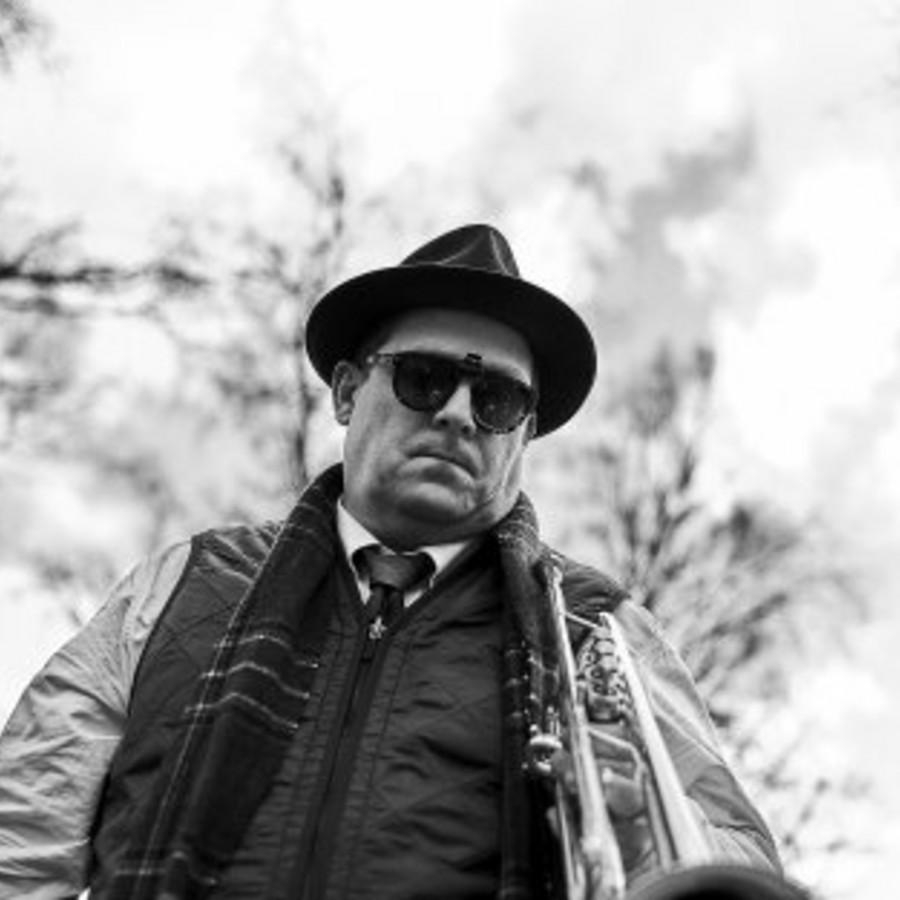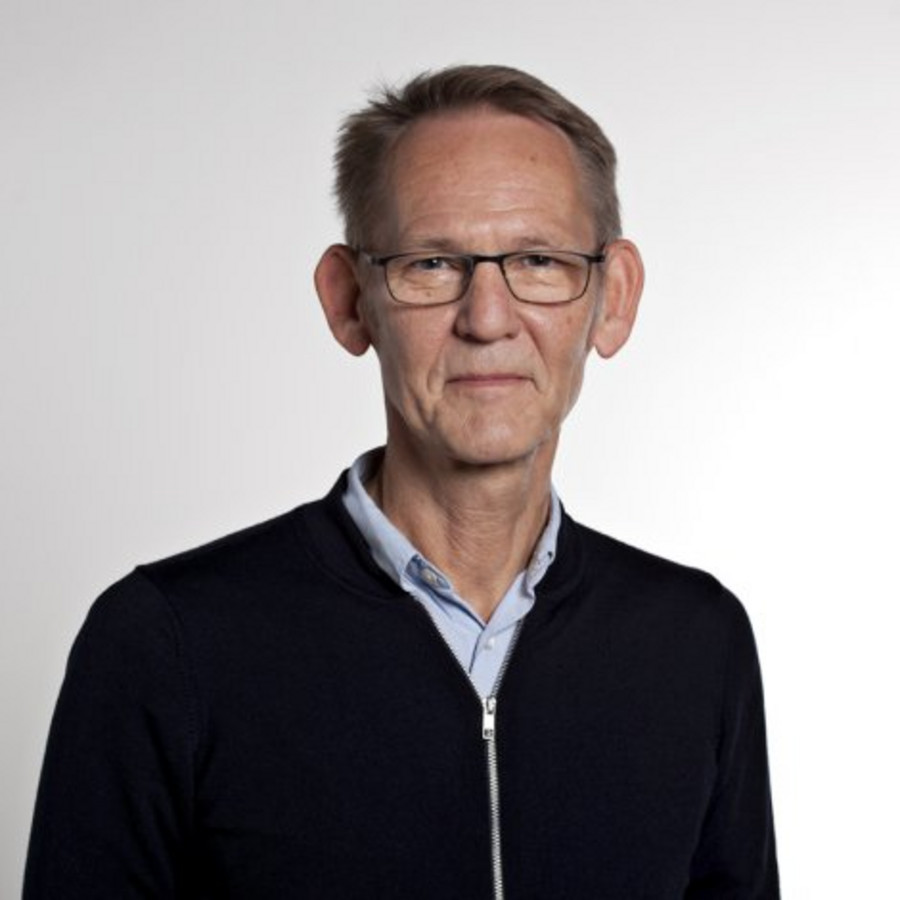The programme focuses on creative practice, through a course that alternates between exploratory artistic practice and reflection.
You can influence the content of the programme and adapt it to your own artistic profile and development, with a view to strengthening your skills as a composer, songwriter, or music producer.
The form of the course alternates between classes and individual guidance. There will also be a mandatory external semester, and you will have the opportunity to participate in collaborative projects, both across RMC's own programmes and with external partners.
The programme has s strong focus on developing your entrepreneurial skills and will also give you direct access to RMC’s extensive national and international networks.
How do I apply?
You can read about this and much more under APPLICATION and ENTRANCE EXAMINATION below.
See as well the general information about application and admission:
| Online application opens | 2 January 2025 |
| Online information meeting via Teams | 14 January 2025 at 15:45-16:30 CET |
| Deadline for online application | 4 February 2025 at 12:00 CET |
| 1st round: You are not present | 10 - 28 February 2025 |
| Outcome of the 1st round | 6 March 2025 by email |
| Deadline for uploading material for 2nd round | 14 March 2025 at 12:00 CET |
| 2nd round: You attend the exam online | 31 March - 4 April 2025 |
| Outcome of 2nd round | 10 April 2025 by email |
| Online meeting for applicants offered a study place | 22 April 2025 at 16:00-17:00 CET |
| Start of study | 18 August 2025 |
Application and Entrance examination: Music Creation
WHO CAN APPLY?
You must have passed either the Bachelor programme Music Performance, Composition or Music Production at RMC or possess a relevant Bachelor’s degree from another Danish or foreign academy of music.
The Conservatory may accept other similar artistic based Bachelor degrees in music as a qualification for entrance.
Please note that only a limited number of students can be admitted to the Masters programmes at the Conservatory each year, and that you are admitted on the basis of a specific assessment of your abilities and skills.
WHERE TO APPLY?
You must apply online through:
You must create a profile, fill in the online application form and upload relevant files.
WHAT SHOULD THE APPLICATION CONTAIN?
In the application, you will be requested to answer the following questions:
- What is your motivation for studying at RMC - what would you like to learn? (max. 1,000 keystrokes)
- What are your artistic goals/visions - what do you wish to achieve with your music? (500-1,000 keystrokes)
- What are your working methods - how do you work when you are creating your music? (500-1,000 keystrokes)
- What other music creators are currently approaching their work in similar ways – or within similar esthetics? (max. 500 keystrokes)
- Please describe how your present practice as a composer, songwriter or music producer relates to the artistic field in which you are working yourself – included what other music that you currently are looking into with the purpose to better understand and gain insight in this field (max. 1,000 keystrokes)
- Please provide 2-3 examples of projects (subject/content, project form) that you could imagine working on during the Masters programme. (500-1,000 keystrokes)
In the application, you will be asked to upload a personal portfolio (portfolio 1):
- Music: Please upload 2-3 sound examples of projects for which you have been artistically responsible, and which you believe represent you well as a composer, songwriter or music producer.
NB: You may not upload one long music file.
Total duration of the 2-3 examples: 10 minutes.
Submission format: MP3 - Credits: State a list of credits with a precise specification of your own role and, if applicable, the role of any others in relation to the 2-3 sound examples. (max. 800 keystrokes)
- Description: Briefly describe your considerations about the uploaded music. (max. 1,000 keystrokes)
Furthermore, your will be asked to upload:
- Documentation of your
- Bachelor degree, i.e. Degree Certificate including Diploma Supplement*. Submission format: PDF
or - Expected Bachelor degree – documentation of your studies and the content of the courses you have passed, and confirming that your Bachelor programme will be completed by 1st of July 2025. Submission format: PDF
- Bachelor degree, i.e. Degree Certificate including Diploma Supplement*. Submission format: PDF
Please upload certified documentation in Danish, Norwegian, Swedish or English.
Other submitted material will not be included in the assessment.
* Diploma Supplement must be produced by the same institution, that have issued your Bachelor Diploma.
What is Diploma Supplement?
APPLICATION FEE
Applicants for a masters programme at RMC must pay an application fee of 500 DKK. The fee covers part of the conservatory's costs in connection with processing applications as well as planning and running the entrance exams, and cannot be refunded after the application deadline has expired.
If you apply for a masters programme immediately after having completed a bachelor program at RMC, special rules apply, and RMC will refund the application fee after the application deadline.
WHO IS SELECTED FOR THE ENTRANCE EXAMINATION?
All applicants who meet the admission requirements will be assessed via an entrance examination.
FORM AND CONTENT OF THE ENTRANCE EXAMINATION
The entrance examination takes place in two rounds:
The first round of the entrance examination consists of an assessment of the material in portfolio 1.
You will not be present at the assessment.
The second round of the entrance examination consists of an interview, which is conducted online.
No later than 14 March 2025 at 12:00 CET you must upload an additional personal portfolio 2 (see the paragraph "What should portfolio 2 contain?" below).
FIRST ROUND OF ENTRANCE EXAMINATION
In the first round of the entrance examination, an assessment panel consisting of two examiners will listen to the submitted material in portfolio 1 and read the related annexes.
You will not be present at the assessment.
In the first round, the panel undertakes an assessment of the material in portfolio 1.
In the assessment, emphasis is placed upon your artistic and academic standard in relation to the level required to commence the programme.
You will be assessed according to a 100-point scale, which is a subdivision of the Danish 7 step grading scale. A minimum of 40 points, corresponding to 02 in the Danish 7 step grading scale, is required to pass the examination.
SELECTION AFTER THE FIRST ROUND OF ENTRANCE EXAMINATION
Based on the assessment, a group of applicants will be selected to advance to the second round of the entrance examination.
This group is usually two-three times larger than the number of applicants who can be admitted to the programme.
The applicant must pass the first round to advance to the second round.
All applicants will receive an e-mail about the outcome of the first round.
Applicants who are selected to advance to the second round of the entrance examination will be notified in the e-mail about requirements for uploading an additional personal portfolio 2 (see also the paragraph "What should portfolio 2 contain?" below) as well as the precise time at which the examination will be held.
No feedback is offered to applicant who do not advance to the second round.
SECOND ROUND OF ENTRANCE EXAMINATION
The second round of the entrance examination consists of an interview between you and a panel of two internal examiners.
The interview will be based on your written application and the material submitted in portfolio 2.
Duration: 10 minutes.
After the second round of the entrance examination, the panel will conduct an overall assessment of the material in portfolio 2, your written application and the interview.
In the assessment, emphasis is placed on your artistic and academic standard, and on your written application.
The assessment is given in relation to the level required to commence the programme.
You will be assessed according to a 100-point scale, which is a subdivision of the Danish 7 step grading scale. A minimum of 40 points, corresponding to 02 in the Danish 7 step grading scale, is required to pass the examination.
WHAT SHOULD PORTFOLIO 2 CONTAIN?
- You submit 10 minutes of music, which you believe provides an extended impression of you as a composer, songwriter, or music producer. It is not a requirement that you have participated as a musician in the recorded works.
- A least one-third of the submitted music must have been composed for and performed by others.
- State a list of credits with a precise specification of your own role and, if applicable, the role of any others in relation with the creation of the music. (max. 800 keystrokes)
- Briefly describe your considerations about the uploaded music, how you have composed it, and how you have directed the other musician. (max 1,000 keystrokes)
- The submitted material must not be identical to material included in portfolio 1.
- Submission format: MP3
ENTRANCE EXAMINATION LANGUAGE
The entrance examination is normally conducted in Danish. In cases where the applicant does not speak or understand Danish, the examination is carried out in English.
ADMISSION
Based on the result of the second round of the entrance examination, the best-qualified applicants will be admitted to the programme. If several applicants are equally well-qualified, factors such as the requirements of the music business may be included in the Conservatory’s decision on who to admit.
8 students are normally admitted to the programme. Due to the limited number of places available, the Conservatory may be obliged to reject some applicants even if they have passed the entrance examination.
You will receive an e-mail informing you of whether or not you have been admitted.
All applicants who are not admitted will be offered a brief, eight-minute telephone conversation with the responsible internal examiner, who will elaborate on the assessment result on the basis of the assessment criteria used.
WAITING LIST
A limited number of applicants who are qualified for admission, but who have not been admitted due to a lack of places available, may be offered a place on a waiting list. In the period up to 1 June, applicants on the waiting list may be offered admission.
ILLNESS IN CONNECTION WITH THE ENTRANCE EXAMINATION
Illness must be documented by medical certificate if you wish to have the opportunity to take a make-up examination. The medical certificate must be provided no later than three workdays after the examination date. The Conservatory will determine the date of any make-up examination, and you will be notified of this as soon as possible. It will not be possible to take the make-up examination at any other time than that set by RMC. You are responsible for paying the cost of the medical certificate.
Programme structure: Music Creation
The master’s programme in Music Creation consists of studies at an advanced level, emphasizing in-depth study, individual options, and innovation, with the aim of strengthening your artistic profile. The programme is focused on professional composition skills and is both practically oriented and reflective.
The teaching is very much characterized by independent work, in which, within the framework of the programme - and based on individual professional guidance - you can develop and organize the content and courses yourself, in dialogue with your supervisors.
The programme emphasizes giving your own ideas and practices the best conditions for development, in a study environment that supports experimentation, exploration and an open work process. At the same time, the focus is on building up knowledge and skills at an advanced level in the field in which you work.
The teaching alternates between scheduled weekly teaching, project work, individual tuition, and classes. The teaching seeks to meet the needs of each individual student, while at the same time emphasizing the establishment of a common platform where students can inspire and support each other in their artistic and professional development.
Some parts of the teaching are organized for you, some parts you organize yourself, and during the programme, you will be involved in collaborative projects with students from both your own and the other programmes at the Conservatory, as well as with partners from the Conservatory´s environment. The programme includes independent work and preparation, and you will also have to read and write professional texts.
The subjects of the programme are Artistic Development Work, Music Creation, Electives, Entrepreneurship and Master’s project, of which the central subject is Artistic Development Work. In this subject you will primarily be working with your own artistic projects, but you will also participate in other projects, for which the Conservatory lays down the framework.
The third semester of the programme is a mandatory external semester, which consists of a major investigative project, either in collaboration with external partners, or as an internship with an external partner.
The programme concludes with a self-defined Master’s project within the subject of Artistic Development Work, which takes the form of both recorded works, a public concert, and a written report, in which you present your reflections on the project.
The programme is a full-time study programme, and attendance at tuition is compulsory. The language of instruction is usually Danish, but a few courses may also be offered in English. Teaching by guest teachers, however, is typically provided in English.
The Master´s programme corresponds to 120 ECTS points, equivalent to two years of full-time study at 1,620 hours per year. A year of full-time study includes all work connected with the study programme, including classes, independent study, examinations, and all other study-related activities.
The table below shows how the subjects and ECTS points are distributed in the programme.
You can read more about the objectives and structure of the programme in the programme curriculum, where you will also find detailed descriptions of the individual subjects – click on the link to the right.
You can read more about the objectives and structure of the programme in the programme curriculum, where you will also find detailed descriptions of the individual courses.
Below you will find the list of teaching staff on the programme in current study year, permanent academic staff as well as contract teachers.
RMC prioritizes diversity in terms of genre and fields of expertise when the entire group of teachers is composed.
As a student, you are offered a wide spectrum of professional impulses from permanent teaching staff as well as from contract and external teachers.
Within the core subjects of the programme, the teaching performed by the permanent staff will normally not exceed more than two-thirds of the total number of teaching hours.
In relation to special courses, projects and similar activities, you will have the opportunity to meet a large number of external teachers.
Kunstnerisk Udviklingsarbejde / Artistic Development Work
Anders Mathiasen
Jacob Anderskov
Kasper Tranberg
Sharin Foo
Kunstnerisk udviklingsarbejde (individuel, faglig vejledning) / Artistic Development Work (Individual Subject-specific Tuition)
Anja Tietze Lahrmann
Christian Balvig Pehrson
Flavia Huarachi Jørgensen
Kristian Finne Kristensen
Kristina Holgersen
Marcela Lucatelli
Nana Inie
Anders Mathiasen
Pablo Llambias
Christian Balvig Pehrson
Erik Kimestad
Esben Weile Kjær
Jakob Littauer
Jonathan Carl Jensen
Katrine Muff Enevoldsen
Martin Glaz Serup
Nis Bysted
Pablo Llambias
Peter Bruun
Rune Kielsgaard
Lotte Anker
Maria Faust
Pablo Llambias
Music Creation
Michael Møller
Entreprenørskab / Entrepreneurship
Sidse Gry Jeppesen
Christian Taagehøj
Eksternt Integreret Modul / External Integrated Module
Qarin Wikström
Jacob Anderskov
Anders Mathiasen
Kasper Tranberg
Christian Taagehøj
Kandidatprojekt / Master Project
Anders Mathiasen
Soffie Viemose
Sharin Foo
Valgfag / Electives
Greta Schenk
Jens Bjørnkjær
Ida Schou Niegaard
Morten Svenstrup
Louise Dam Eckardt Jensen
Pablo Llambias
Mads Kinnerup Jørgensen
Mija Milovic
Jens Skou Olsen
Niklas Schak
Subjects and ETCS
Subject
- 1. Sem.
- 2. Sem.
- 3. Sem.
- 4. Sem.
- Subject ECTS
Artistic Development Work
30 ECTS
Subject
- 1. Sem.
- 2. Sem.
- 3. Sem.
- 4. Sem.
- Subject ECTS
Artistic Development Work
- 15
- 15
- 30
Music Creation
10 ECTS
Subject
- 1. Sem.
- 2. Sem.
- 3. Sem.
- 4. Sem.
- Subject ECTS
Music Creation
- 5
- 5
- 10
Entrepreneurship
10 ECTS
Subject
- 1. Sem.
- 2. Sem.
- 3. Sem.
- 4. Sem.
- Subject ECTS
Entrepreneurship
- 5
- 5
- 10
Electives
10 ECTS
Subject
- 1. Sem.
- 2. Sem.
- 3. Sem.
- 4. Sem.
- Subject ECTS
Electives
- 5
- 5
- 10
External, Integrated Module
30 ECTS
Subject
- 1. Sem.
- 2. Sem.
- 3. Sem.
- 4. Sem.
- Subject ECTS
External, Integrated Module
- 30
- 30
Master's project
30 ECTS
Subject
- 1. Sem.
- 2. Sem.
- 3. Sem.
- 4. Sem.
- Subject ECTS
Master's project
- 30
- 30

